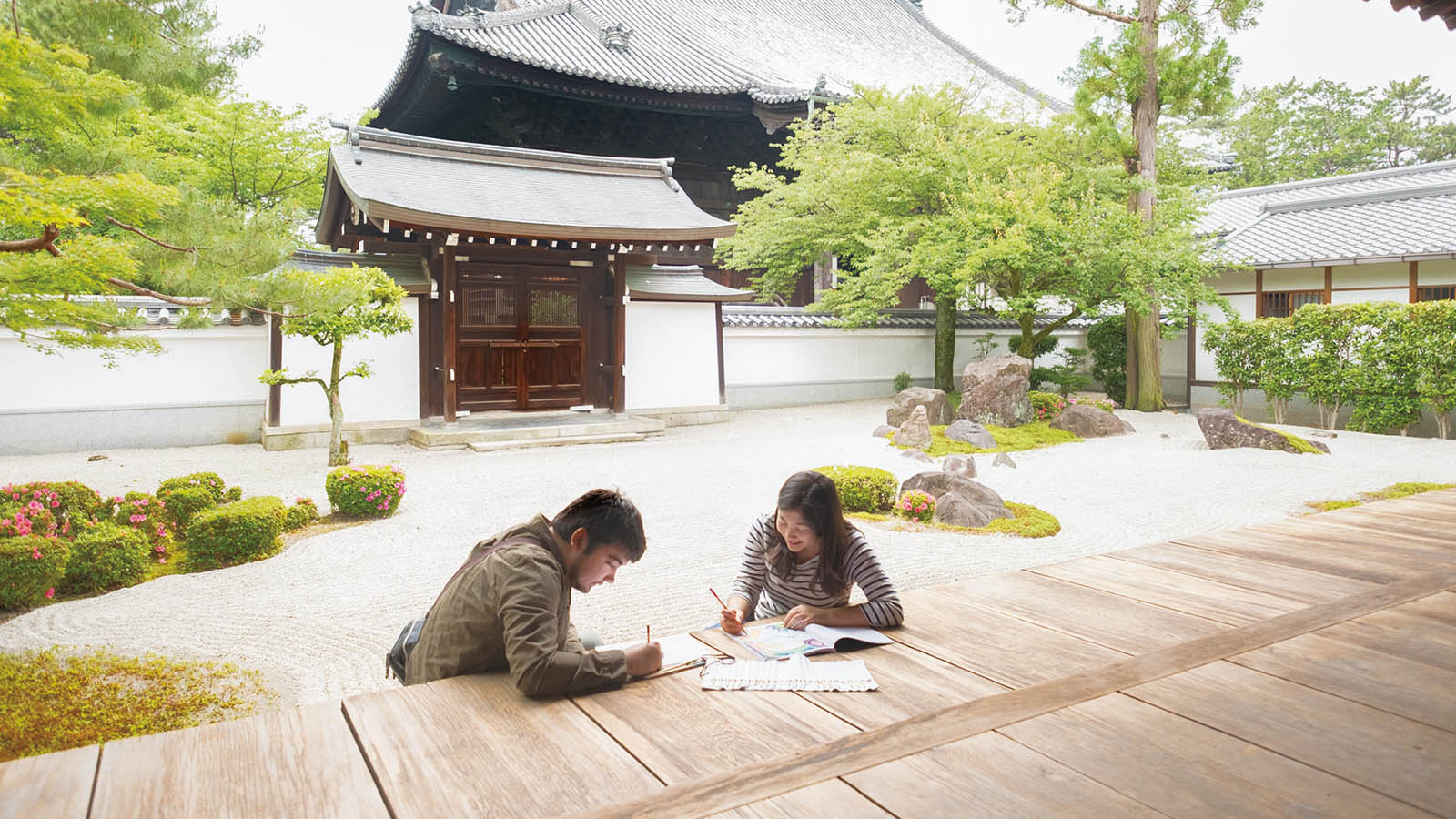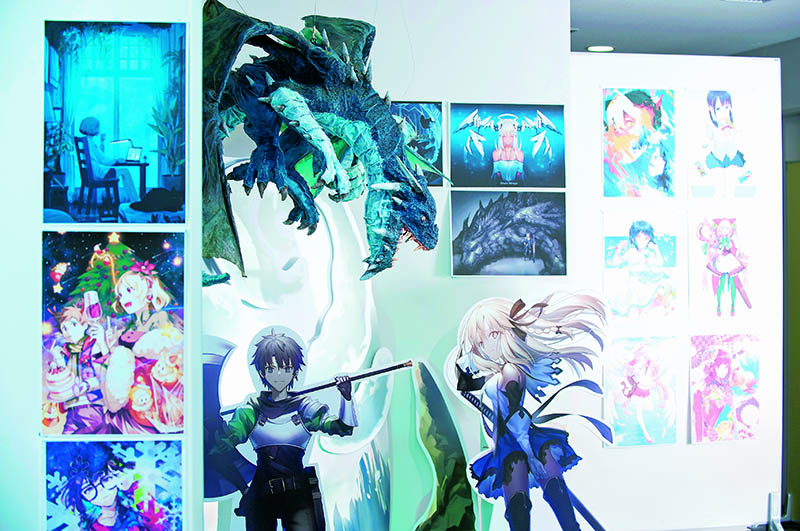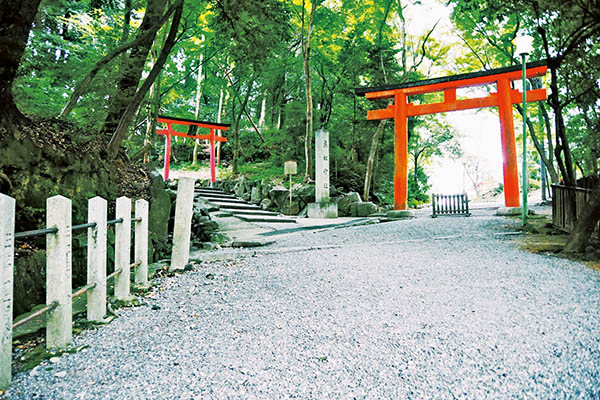
NAKAOKA Juri
- Specialization
- Japanese Language Education / Japanese Linguistics


The first year focuses on acquiring the foundational skills necessary for studying at university. Students participate in small-group classes to build the essential language skills necessary for humanities studies—reading, speaking, and writing. They also gain experience analyzing topics from multiple angles—history, literature, society, international studies, and Japanese culture—nurturing a flexible and open-minded perspective.
Foreign language study is also a key focus, fostering cross-cultural understanding.
Languages Offered: English, Korean, French, Spanish, and Chinese
With guidance from faculty members, students carefully design their long-term fieldwork experience. In the second semester, they leave campus for six months of hands-on fieldwork. Through this experience, students cultivate independent thinking, practical skills, and the ability to communicate their findings effectively. The confidence and skills they gain here will be invaluable no matter where their future takes them.
As students compile their research reports from long-term fieldwork, they also gain expertise and research methodologies through courses in their respective fields. They also participate in small-group seminars where they analyze texts, present research, and engage in discussions on key themes. By exchanging ideas and engaging with diverse perspectives, students refine their thinking and deepen their understanding.
Students write a graduation thesis as the culmination of their four years of study, presenting their completed theses at the Graduation Work and Thesis Exhibition in February, just before graduation in March. This exhibition offers a valuable opportunity to receive objective feedback from both within and outside the university.

Survey of popular anime settings
Visit the sacred places of the works and conduct a comparative study of the places depicted in the anime and the actual settings. Analyze the message that the work conveys through its story and consider the factors that made it a worldwide hit.

Analyzing Traditional Culture Today
While attracting increasing attention from around the world, traditional Japanese culture faces the problem of a lack of successors and an aging population. This program investigates the situation on the ground, comparing it with traditional cultures around the world, and explores ways to solve the problems.